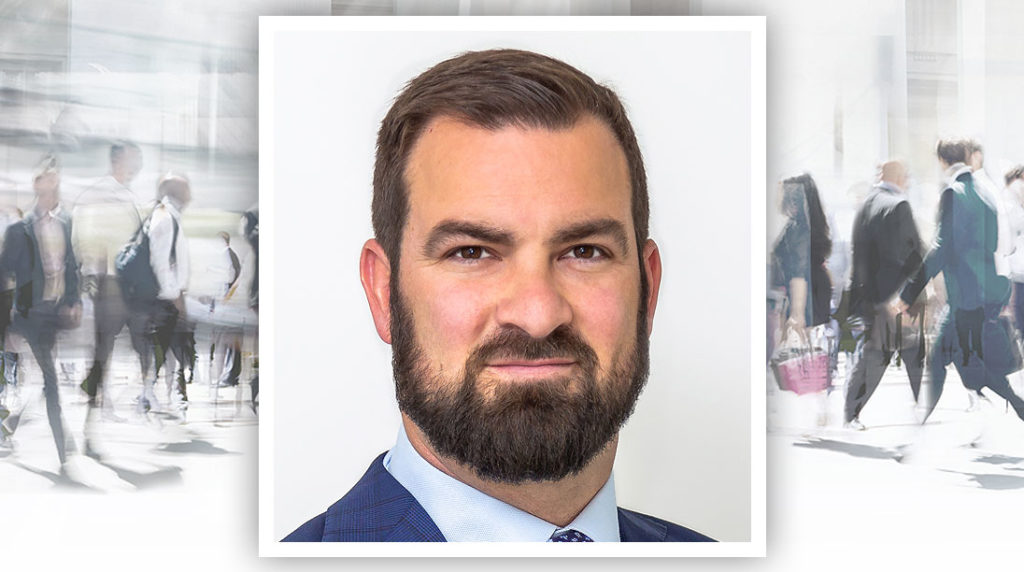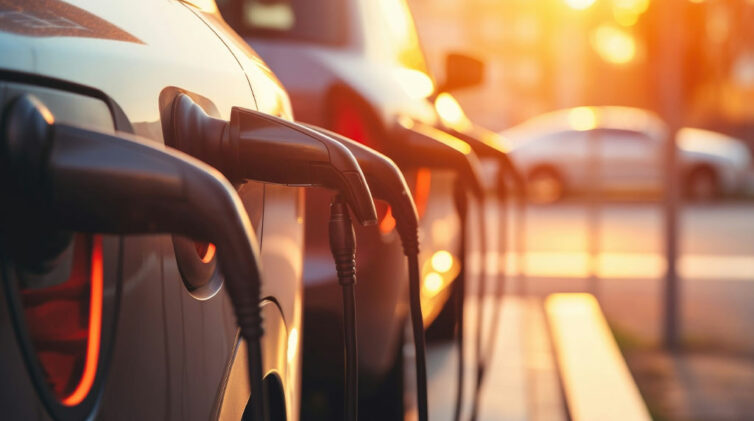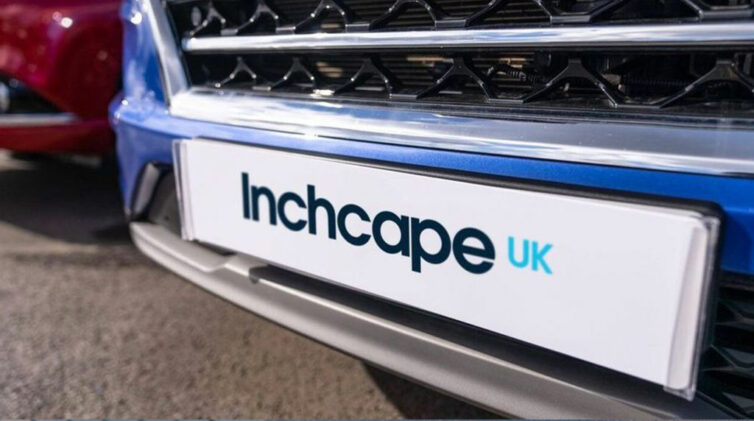The Australian Automotive Dealers Association (AADA), in responding to a submission request from assistant treasurer Michael Sukkar, said the environment in which dealers and their staff operate was “challenging” with months of falling sales, poor vehicle supply attributed to COVID and the semiconductor shortage, reduced staff levels as a fall-out of COVID, skills shortages while operating under a government regime of inefficient taxation, red tape and the demand to become tax collectors.
In presenting its submission, AADA CEO James Voortman said: “Our submission has elaborated on the need for automotive taxation reform, the need for a truly national low emissions vehicle strategy, the need for a focus on skills and the need for continued and enhanced promotion of business investment.”
Mr Voortman said that Australia needed an urgent review of its automotive taxation regime.
“Each year, Australians pay tens of billions of dollars in motoring taxes and charges to governments,” he said.
“According to the Bureau of Infrastructure, Transport and Regional Economics inthe 2019-20 financial year, more than $32 billion in such charges were paid.”
The AADA notes that technological and social changes to our personal modes of transport, whether it be the increased uptake of fuel-efficient vehicles or autonomous vehicles in the longer term, will undercut current federal, state and local government taxation revenue streams.
“We urge the federal government to commence a program of consultation and establish a comprehensive automotive taxation regime that is fit-for-purpose for these new realities,” Mr Voortman said.
In its submission, the AADA calls for:
Modenise automotive taxation: Australia needs to consider the way in which we tax motorists and create a system which is fit for purpose for the future.
At the federal level, a considerable part of that tax revenue has been drawn from the luxury car tax (LCT) and the vehicle tariffs that are applied to new cars sourced from countries with which Australia has no free-trade agreement (FTA).
These taxes are outdated and have been discredited by various independent taxation reviews. The government should abolish or restructure these taxes to provide consumers and local dealers with some relief, particularly as the new-car market faces an uncertain future and supply remains severely constrained.
Domestic passenger vehicle manufacturing no longer exists, but the tax structures that were there to support it continue to make passenger vehicles in Australia more expensive than they should be.
Australia needs to modernise its automotive taxation regime to encourage affordable, safe, clean and efficient new cars. The government has identified road safety, lower energy costs and emissions reduction as priorities – renewing the national fleet by selling new cars supports these priorities.
Remove tariffs: We believe that the Australian public would be best served by the government removing existing tariffs from all passenger vehicles imported into Australia.
Provide leadership on low-emission vehicles: The government needs to urgently set aside funds to significantly expand the Future Fuels and Vehicle Strategy.
The development of a truly national plan should seek to strongly encourage states and territories to adopt a consistent approach to the emergence of LEVs.
It should also play a leading and proactive role in preparing all sectors of society that will be profoundly influenced by the shift to LEVs.
Skills shortages: There is a critical skills shortage in the automotive industry which has been severely exacerbated by the lack of migrants entering Australia over the past two years.
A report conducted by the Motor Traders Association of Australia (MTAA) in 2020/21 estimated a total shortage of 31,143 skilled personnel.
The deficit is estimated to grow to 38,700 positions by 2022/23. There is a shortage of vehicle technicians, a critical cohort of workers responsible for servicing, repairing and maintaining the fleet of 20 million vehicles on our roads.
The government should consider several initiatives to stimulate the intake of skilled migrants including temporarily uncapping the skilled stream of the Migration Program planning levels. There should also be some consideration of removing or reducing Skilling Australia Fund levy.
Encourage investment: The value that investments by franchised new-car dealers bring to communities across Australia cannot be over-emphasised.
Dealers often make major investments in facilities, machinery and equipment which have flow-on effects in the communities in which they operate as they use local builders, contractors and other service providers.
The AADA said that it recommends extending the temporary full-expensing measure to July 2, 2025 and removing the $5 billion eligibility threshold on the temporary full-expensing program.
It said that investment activity by the firms with a turnover of more than $5 billion can only benefit the Australian economy.
There is a much higher likelihood that these investments will occur if all Dealers have access to investment incentives.
By Neil Dowling













 Read More: Related articles
Read More: Related articles

